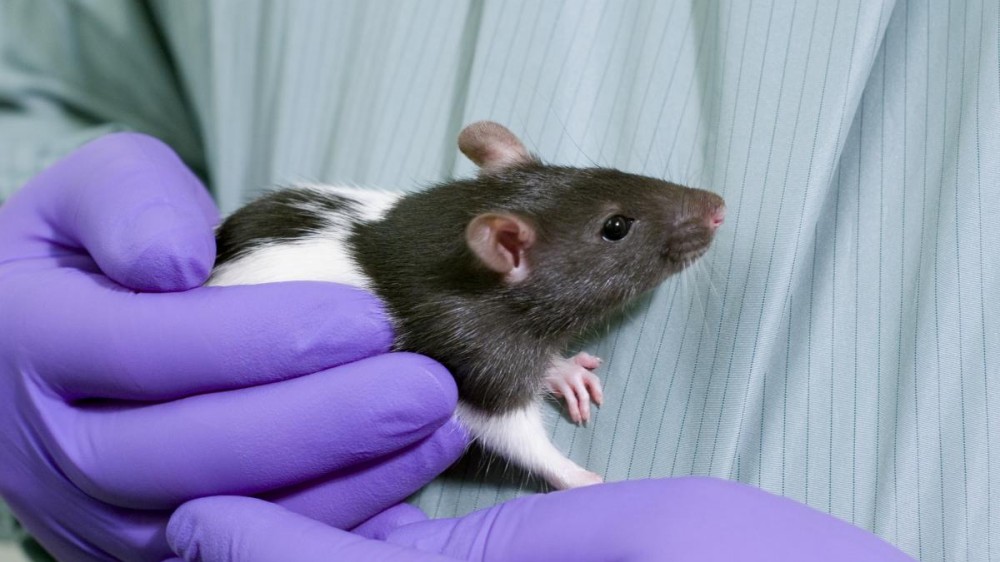A strategy for improving animal welfare and quality of science

Promoting high standards of laboratory animal welfare by refining housing, husbandry and procedures is at the heart of NC3Rs’ work.
High standards are important not only for the sake of the animals used but also because animal welfare can impact on scientific outcomes, including the validity of animals as models of human disease as well as the reproducibility of the studies.
Our strategy for improving the welfare of research animals is described today in a special issue of Lab Animal on ‘Disease Models: Reproducibility and Translation’. This is the debut issue following the journal’s re-launch on the Nature.com platform.
The Lab Animal paper from NC3Rs team members Drs Mark Prescott and Katie Lidster highlights our approach to refinement, including through funding research, data sharing and providing online resources. Examples included cover a range of species (from frogs to monkeys), procedures (from blood microsampling to the use of food and fluid control as motivators in cognitive tasks) disciplines (from neuroscience to cardiovascular research) and technological innovations (from home cage monitoring of group-housed mice to automated tests of affective state in rodents).
We encourage all those involved with an interest in humane and high quality in vivo research to take a look at the NC3Rs paper and others in the special issue.
References
-
Prescott MJ, Lidster K (2017) Improving quality of science through better animal welfare: the NC3Rs strategy. Lab Animal 46(4):152-156. doi:10.1038/laban.1217
